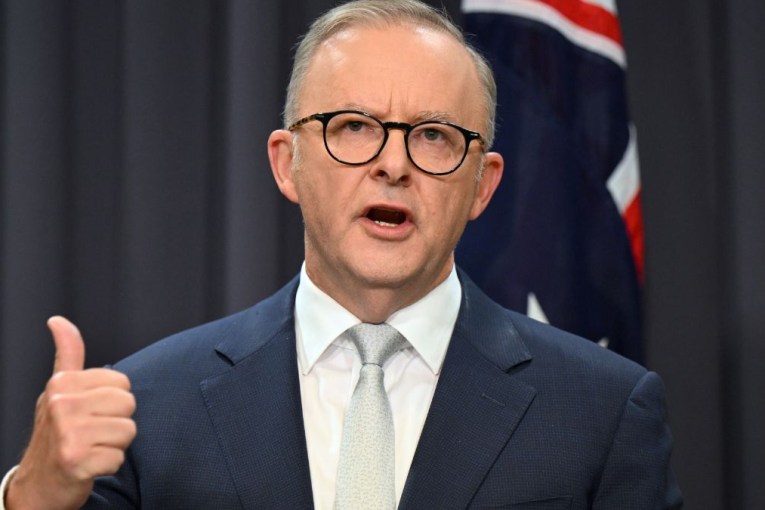‘Extraordinary’ amount of drugs stolen from Perth hospitals

Fiona Stanley Hospital failed to identify "obvious warning signs", the CCC found. Photo: ABC
An “extraordinary” amount of addictive narcotics has been stolen from two major public hospital in Perth in recent years, a Corruption and Crime Commission (CCC) investigation has found.
The CCC report tabled in State Parliament on Tuesday highlighted systemic problems regarding the supply and management of Schedule 8 drugs at Fiona Stanley and Sir Charles Gairdner hospitals.
The investigation was launched in February 2016 after WA Health told the CCC it suspected someone had been stealing hydromorphone from Fiona Stanley Hospital (FHS).
It led to the conviction of Matthew Foster, senior pharmacist from FHS, for stealing as a servant and possession of hydromorphone, which is similar to heroin.
Pharmacist’s ‘dark secret’
The report states Mr Foster had been the University of Western Australia’s pharmacy student of the year in 2008.
Soon after he began working at Sir Charles Gairdner Hospital (SCGH) during which time he suffered a family tragedy.
The report found by the time he moved to FSH he had a “dark secret”, which was his strong addiction to hydromorphone.
He had already begun stealing opioids from SCGH before moving to Fiona Stanley.
The CCC investigation revealed systems and controls to manage Schedule 8 drugs at SCGH were “inadequate and easy to circumvent”, and that Fiona Stanley Hospital failed to identify “obvious warning signs”, meaning serious misconduct was only exposed when a colleague raised suspicions.
The report described the amount of drugs stolen from the hospitals as “extraordinary” and revealed “disturbing” gaps in the management and control of Schedule 8 drugs at public hospitals.
It highlighted a number of risk areas including after-hours access to the pharmacy safe and inadequate management of registers.
Risk of corruption remains high: CCC
The report acknowledged work was underway at both hospitals to prepare new polices and procedures.
But the CCC believed that until this work was completed, a serious risk of corruption and misconduct remained.
It said a number of other inquiries and reports had made similar findings and recommendations in recent years, but these had not been implemented.
The CCC found Mr Foster alone was responsible for his conduct and there was no evidence of serious misconduct by anyone else.
It made a number of recommendations including better monitoring of and stricter access to pharmacies and safes, a separation of duties in regards to the drug supply process and regular compliance checks.








